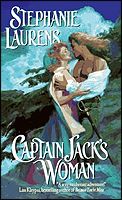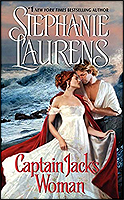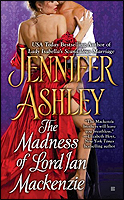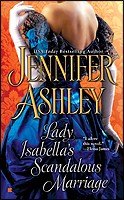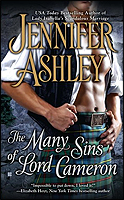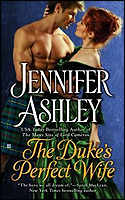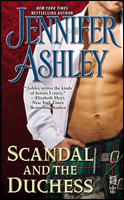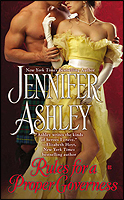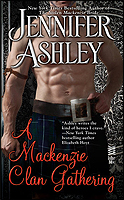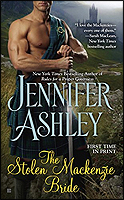Note
Stephanie Laurens is one of the earliest romance authors I got into when I started reading romance in 2003. The second book in this series, A Gentleman of Honor, was in CVS, so I guess this might have been 2004 or 2005, and I liked it enough to start investing in the backlist.
The Bastion Club is probably my favorite series from Stephanie Laurens, though the Cynsters Sisters trilogy is a close second. I love stories set in and around the Napoleonic Wars, and I liked that her heroines are active participants in the mysteries (even if the hero is less than thrilled about it.)
Stephanie Laurens has a very particular writing style and she adheres to specific tropes, kind of like Catherine Anderson. When you pick up a book from her, there are going to be things that you can either let go or bother you enough to stop reading. Both are reasonable responses. I will remark on these tropes, but I’m very rarely going to make it a criticism. I know what her books are and what they aren’t, and I’m mostly okay with it.
Overall
Okay, so we have our usual romantic set up. A Laurens Hero is an alpha male who takes charge, is completely competent, and the biggest flaw they have is their overprotective nature. A Laurens Heroine is a headstrong, independent woman who usually needs to be convinced to get married, but she’s almost always up to have an affair of some kind. Their romantic conflict is always the hero convincing the heroine to marry him.
There are couple reasons why I’ve decided not to let this trope in her writing annoy me enough to stop reading. Yes, her characters are interchangeable. For the most part, you can pick up Tristan and Leonora, plop them down in any other Laurens book, and the outcomes would be the same. So there’s that.
But what I like about it is that it is different from what was being published twenty years ago. It was usually the women who wanted to marry and the men who had to convince themselves to get a leg shackle. The fact that Laurens’ heroes are almost always refreshingly open to matrimony is nice, because you get tired of the other type of hero pretty fast. And we can’t have enough independent and capable women. I very much like the trope most of the time.
Do I wish she’d do more with characterization so the characters were less the same? Sure. But I also wish I had a million dollars. I’m realistic.
Here, the romantic conflict is a bit less strong than I like. We always have to find a reason why the heroine won’t get married, and I think that while I do believe the reason Leonora eventually offers is valid, it takes too long for her to even admit it. And it takes Tristan longer than I’d like to tell her marriage is his plan.
That being said, what Stephanie Laurens does well and the reason I go back to her over and over again is her plots. I love her mysteries. I love that I can’t always figure them out before she tells us the bad guy, that her stories are set all over England and she writes of the settings with such lushness I can picture myself there.
The plot here is pretty good. Laurens deals with the set up in the prologue and this book serves well to launch the rest of the series.
Tristan and the other Bastion Club members have begun to outfit a house for their own private gentleman’s club. They’ve all left the service having served as spies during the Napoleonic Wars. They didn’t serve together, but they worked for the same spymaster and have general awareness of one another. They’re all also members of the nobility with titles they either expected or fell on them, and they all are very eligible on the marriage market. The club is supposed to be their safe haven.
Tristan is overseeing the refitting of the house, and Leonora Carling is his neighbor. Someone tried to buy the home she lives in with her younger brother and uncle, and they’ve been very forceful about it. Tristan and Leonora team up to get to the bottom of it.
I like the characters. Filled with tropes they might be, Tristan and Leonora are still fun to read. I wish that her uncle had been better fleshed out, but Jeremy gets more to do later in his own book (which is hands down one of my favorite Laurens books).
What I also like is that the entire Bastion club does not show up. A few members here and there lend a hand, but I’m not dealing with seven alpha males and their spymaster in every book. Laurens uses the characters sparingly which helps me get to know them in advance of their own book.
The plot is pretty good, even if the ending is a bit foggy, and overall — it’s a really good start to the series. (Because I mostly ignore Captain Jack’s Woman, and you should, too.)
Read more
